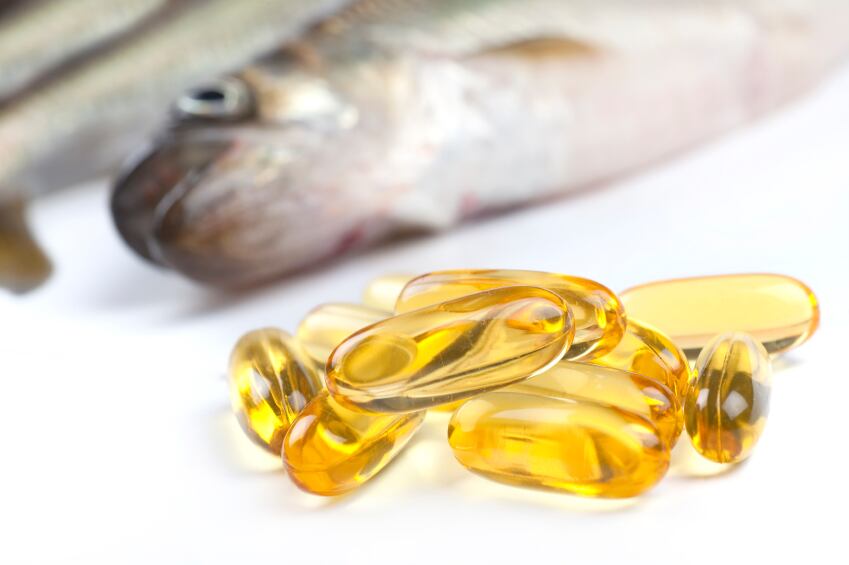The comments came in light of a report from NGO Sustainable Fisheries Partnership (SFP), which found that over one third of the fish stocks destined for fish oil supplements or fishmeal were ‘poorly managed’.
The report on 24 fisheries rated the stocks A, B1, B2 or C depending on quality of management and status of the target stock based on SFP’s public database, FishSource.
Responding to the report, Adam Ismail, GOED executive director, told us: “What SFP does is really important because they are aggregating data from all fisheries and allowing for an apples to apples comparison. However, doing this can lose some of the nuance of individual fisheries management.”
He gave the example of Peru, where warm waters had driven the fish out of the normal range and depth of a fishery last year. This gave an “artificially low” impression of stock abundance, he said, when actual biomass was healthier.
“Even despite that, the Peruvian fishery managers closed the second fishing season out of caution. This is an unprecedented step and really underscores the sustainability of the largest source of omega-3 oils.”
From fishmeal to supplements

He added that looking solely at the fisheries supplying oil to the omega-3 industry painted a brighter picture than the report suggested.
“The Antarctic krill, north-central Peruvian anchoveta and the two menhaden stocks together supply more than 85% of the oil used in supplements from reduction fisheries, and all of these fisheries were rated B or higher.”

Norwegian firm Aker BioMarine's Marine Stewardship Council (MSC)-certified Antarctic krill fishery was the only one to be graded A in the report, meaning the stocks were in ‘very good condition’. This fishery represented just 2.3% of the total catch volume analysed in the report.
Commenting on this, Aker BioMarine’s sustainability director, Marte Haabeth Grindaker, said last week: "Since the marine omega-3s used in dietary supplements most frequently come from 'reduction fisheries' (i.e., those used to make fish/krill meal and oil), they require close attention because the species used represent a vital part of the food chain.
"For this and many other reasons, an omega-3 company simply cannot do business today without taking the appropriate environmental steps to ensure these species are well protected."
